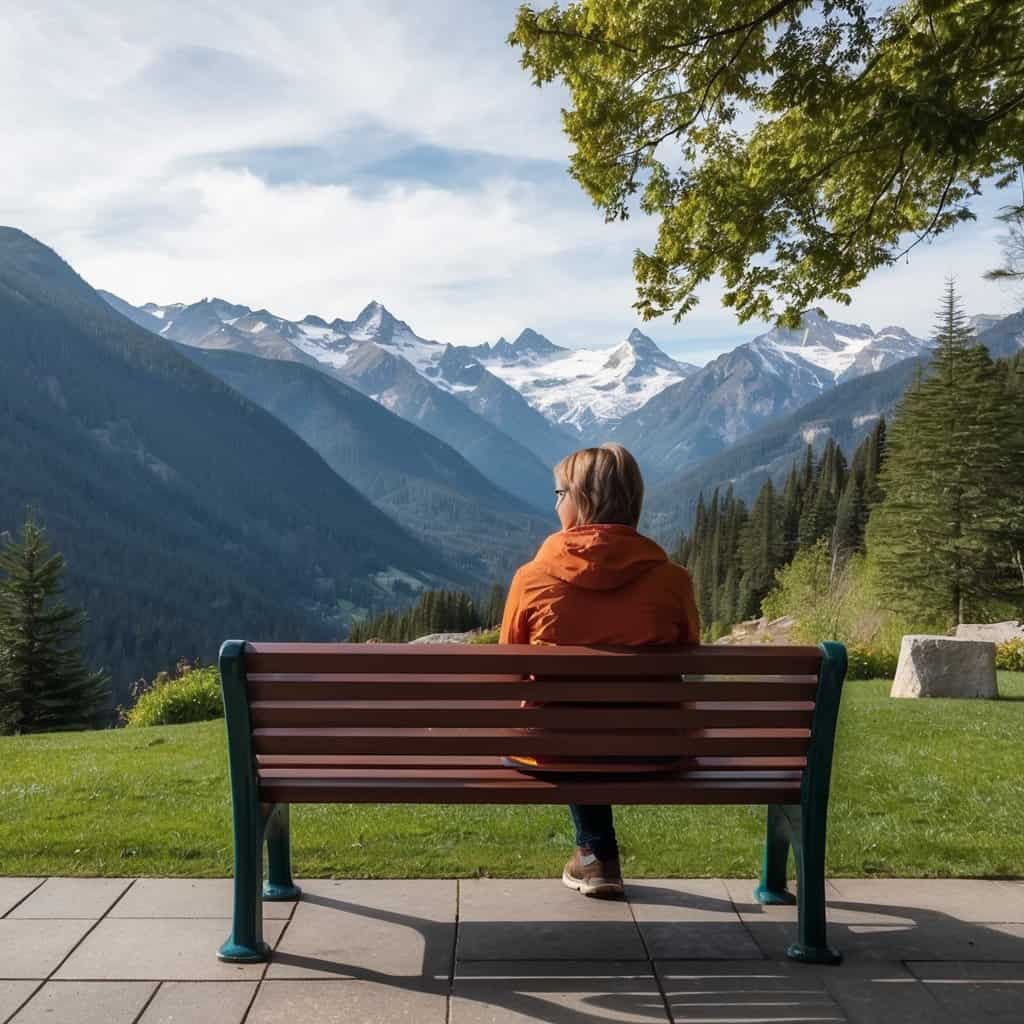Several life events can trigger post traumatic stress disorder (PTSD), ranging from witnessing or experiencing a traumatic event, losing a loved one, being a victim of violence or abuse, or experiencing a natural disaster.
PTSD can also arise by less direct means, such as hearing about a traumatic event happening to someone else or seeing news coverage of an event. In some cases, even just knowing that something traumatic has happened can be enough to trigger symptoms.
A group of people could experience the same traumatic event, and some will develop PTSD others will not. However, for those who do experience PTSD, the symptoms can be very debilitating and can significantly affect their quality of life.
If you relate to this information, it is important to seek help from a professional. There is no shame in seeking assistance, and treatment can be very effective in helping you.
What is Post Traumatic Stress Disorder, (PTSD)?
When a traumatic event has happened to a person, the person may continue to relive the trauma through intrusive memories, nightmares, and flashbacks. Often everything is constantly spinning out of control. Their mind feels like it’s continually observing, and they cannot interact with life naturally. The inability to interact naturally is due to triggers in their environment.
The trigger activates through the interactions that remind them of the memory. The catalyst may be a smell, sound, taste, or location. In addition, they may also have physical symptoms such as insomnia, headaches, or stomach aches. As a result, their sense of safety and functioning is compromised.
Life Events, Triggers & Post-Traumatic Stress Disorder:Why It Happens
When a traumatic event occurs, the mind has to process this sudden influx of information, and the brain goes into a state of emergency. The traumatic event creates the fight or flight response, which is the human body’s way to help deal with dangerous situations.
Unfortunately, the fight or flight response gets stuck in the “on” mode for those unable to process the traumatic event. When a traumatic event is not processed and the fight or flight button is stuck on, triggers repeatedly recreate the whole or part of the trauma.
The triggers are not universal but personal to the person and their situation, so a trigger can be anything from smells to how someone looks or moves. As a result, symptoms such as flashbacks, intrusive thoughts, and difficulty sleeping arise. For some, the traumatic event or the flashbacks can be so severe that they cannot remember what happened, which is called dissociation.
Dissociation is where a person disconnects from their thoughts, feelings, memories, or sense of identity. Dissociation can be a coping mechanism for people who have experienced trauma or stress. It can happen in response to a trigger, such as seeing something that reminds the person of their trauma. However, dissociation can also occur spontaneously.
How Post Traumatic Stress Disorder Affects Everyday Life
All areas of a person’s life, from physical health to relationships to job or school performance, will be affected by PTSD and may include:
- Trouble sleeping or nightmares
- Feeling constantly on edge or being easily startled
- Experiencing flashbacks or intrusive thoughts
- Difficulty concentrating or remembering things
- Feeling emotionally numb
- Developing alcohol or drug abuse problems
- Having problems with relationships, such as feeling distant from loved ones or being unable to trust
- Depression
- Experiencing suicidal thoughts or attempting suicide.
- Avoiding places and people who remind them of their traumatic experience
- Feeling on guard and irritable.
- Avoiding talking about the event, nightmares, and flashbacks
- Panic attacks
- Anxiety
- Isolating
- Not engaging with friends and family
- Lack of interest in doing anything
- Hypersensitive
Signs Of PTSD, Do I Have It?
The best way to know if you have PTSD is to seek a professional trained in helping those with post-traumatic stress. Make an appointment, be honest and open as there are many symptoms indicative of PTSD and can include:
- Re-experiencing the traumatic event somehow, such as through flashbacks or intrusive thoughts, triggers.
- Avoidance of anything that may trigger memories of the event, such as conversations about it, places where it happened, or people who were involved.
- Negative changes in mood or thinking, such as feeling hopeless, losing interest in activities that used to bring joy, or feeling detached from loved ones.
- Changes in physical and emotional reactions, such as becoming startled quickly, being constantly on edge, or having difficulty sleeping.
What Triggers Are There?
The number and types of triggers are as unique and varied as snowflakes. For example, watching fireworks is often very difficult for veterans because it reminds them of combat. At the same time, another person might hear their child crying and start panicking because it reminded them of adverse circumstances when they were a child.
In some cases, people will experience triggers from something unrelated to the traumatic event. Triggers can be anything. There’s never just one reason or explanation for why something has triggered someone.
Everyone experiences pain differently, and every person on the planet has a personal history with different types of events. However, some everyday things people with PTSD talk about as triggering include:
- loud noises
- sudden sounds
- someone touching in a certain way
- picking up or holding the property/items of another
- physical injury or physical pain
- smells
- events or places
- watching a movie
- hearing a foreign language
- laughter
- crying
- reading
- writing
- facial expressions
Triggers may sound like they would be easy to avoid, and many do spend their life avoiding circumstances and people so they will not be triggered, but that is not living fully. Avoidance leads to the reduced ability to cope.
As the ability to manage lessens, their world becomes smaller and smaller, relationships diminish until the person is alone, and over time, isolation leads to bad outcomes.
Tools To Cope With A Trigger Response
Much like the trigger, coping tools are unique to the person. For example, meditation may help one person, whereas meditation triggers another. So the journey to healing does not have a road map that states the direction; each person creates a road map.
The journey is about learning who you are, new skills, and taking the steps every day to achieve the life you desire. The foundation for the journey begins with essential tools that most people find helpful.
ESSENTIAL TOOLS
- Support Person -find a support person to work with you.
- Sleep – get the sleep your body needs which is generally seven to eights hours, and work to get up and go to bed at the same time.
- Safety – agree with yourself that no self-injury or harm will occur on the journey and have a plan to ensure this will not happen.
- Leisure and movement – get out of your room or house every day, even if it’s for short periods. Go for a walk, lift weights, garden, read a book or bike.
- Nutrition – eat healthily and drink fluids that boost your body’s strength and stamina.
The essential tools that help are often a challenge to put in place and are not perfected overnight. It is the small continual steps that will bring the change desired. There are also many other tools that will help boost your confidence, safety, and calmness, so the body’s response to triggers lessens.
For example, you may choose to write your experiences down, meditate, listen to music, or buy flowers. Some things you try may work one day but not the next, so having many ideas will help you get through.
Final Thoughts
PTSD or Post Traumatic Stress Disorder can be worked through with a helpful therapist and supportive people in your life to change PTSD to you being a Peaceful, Thankful, Secure, Derserving person.






